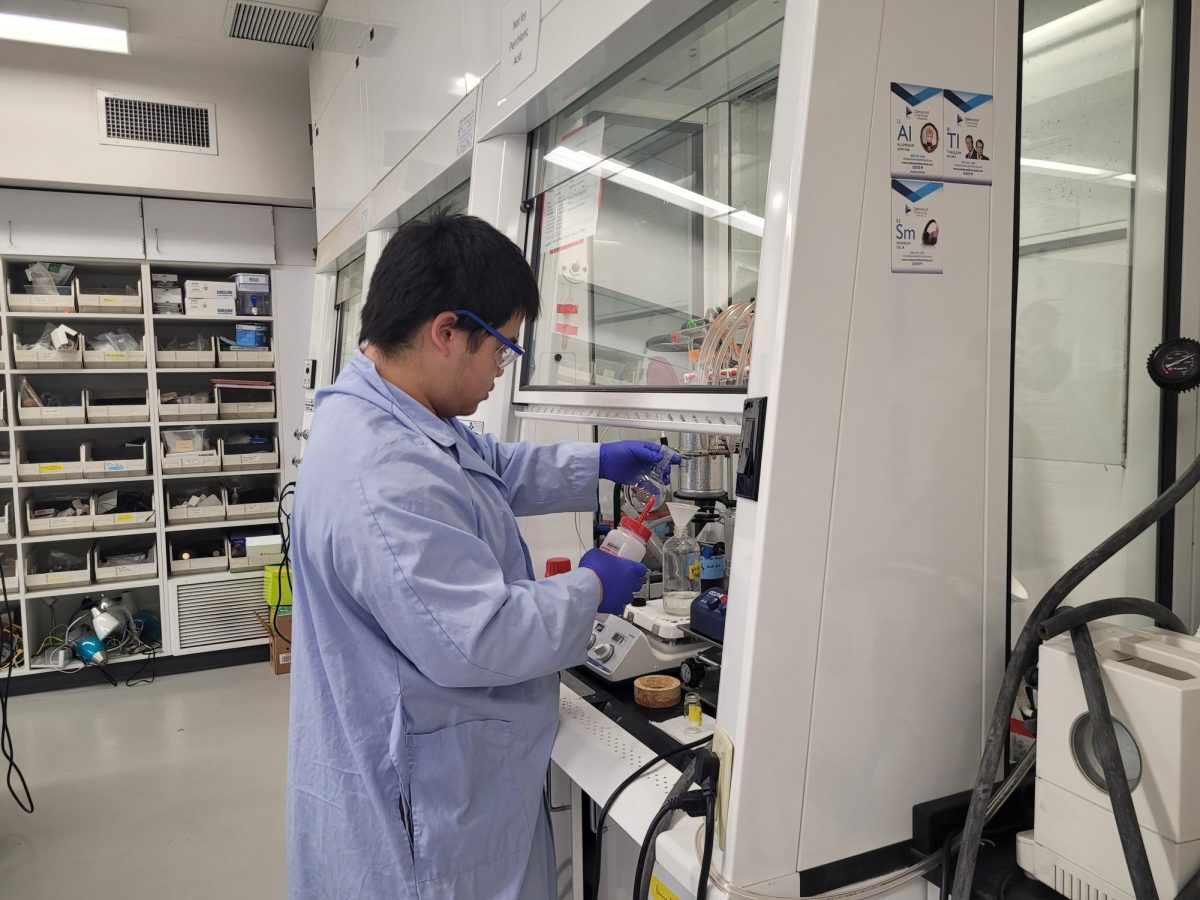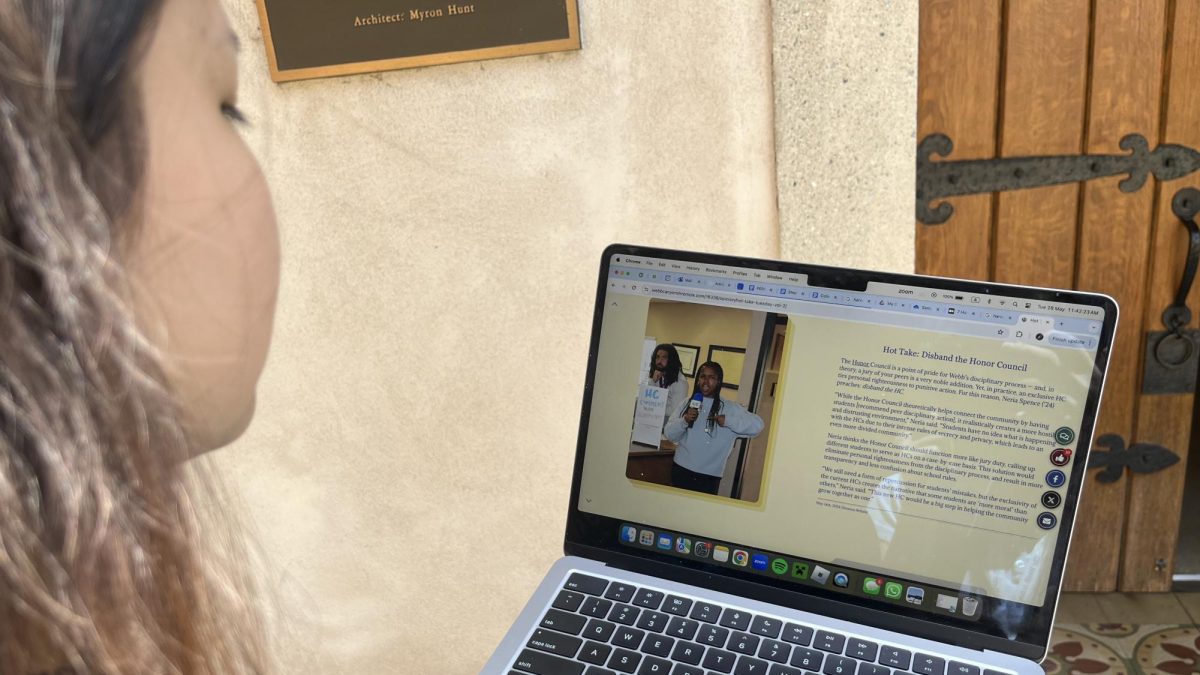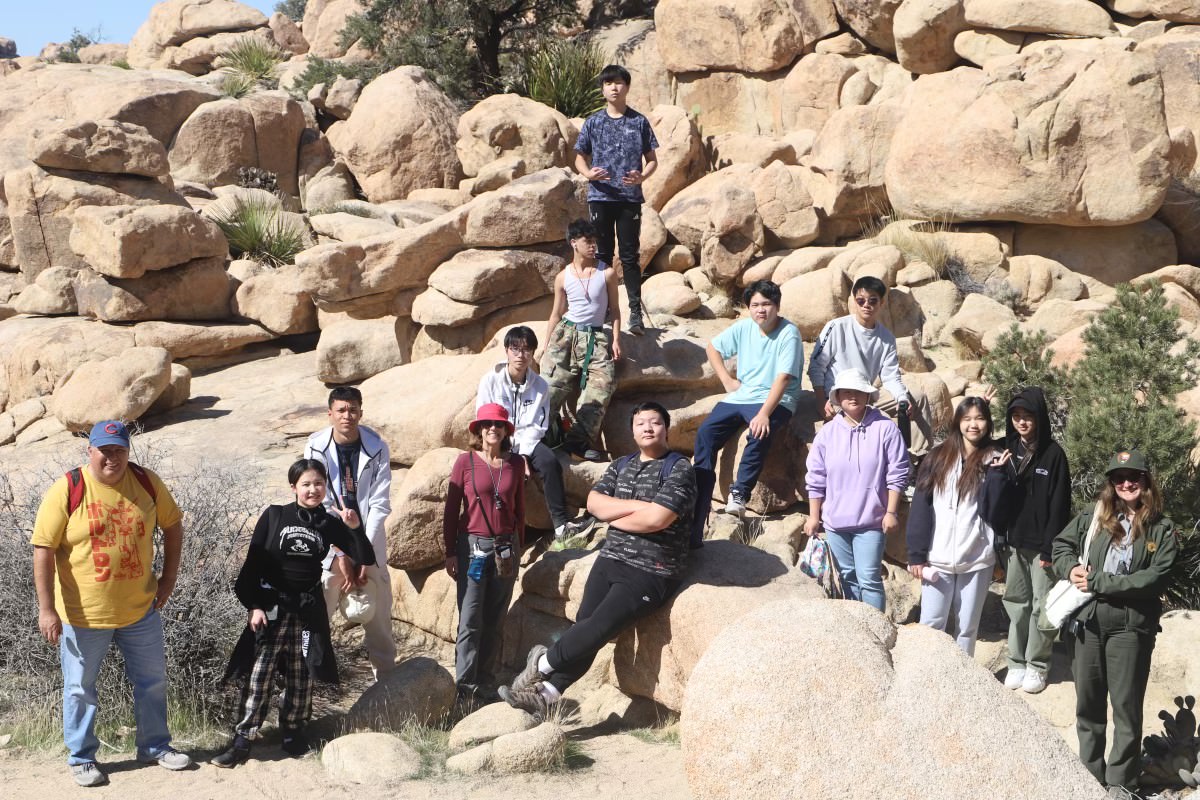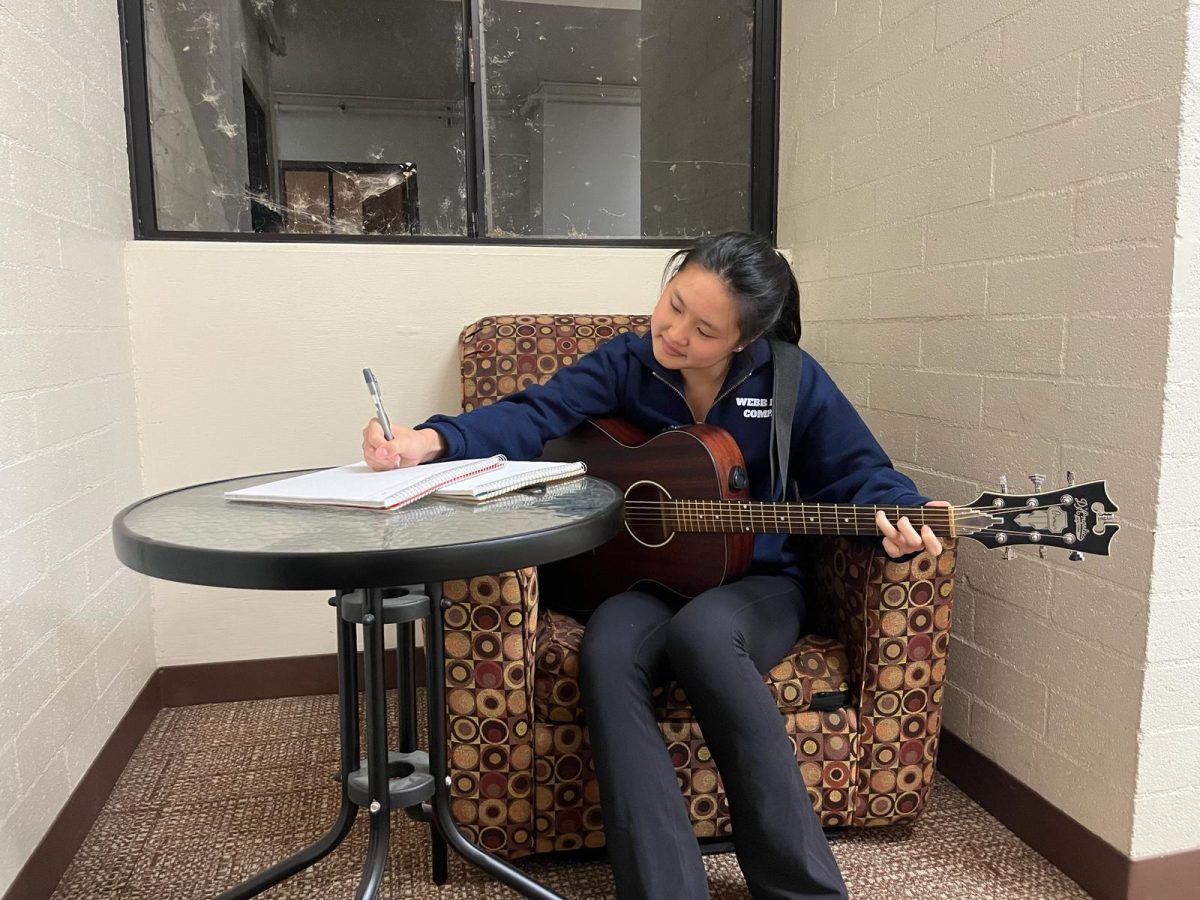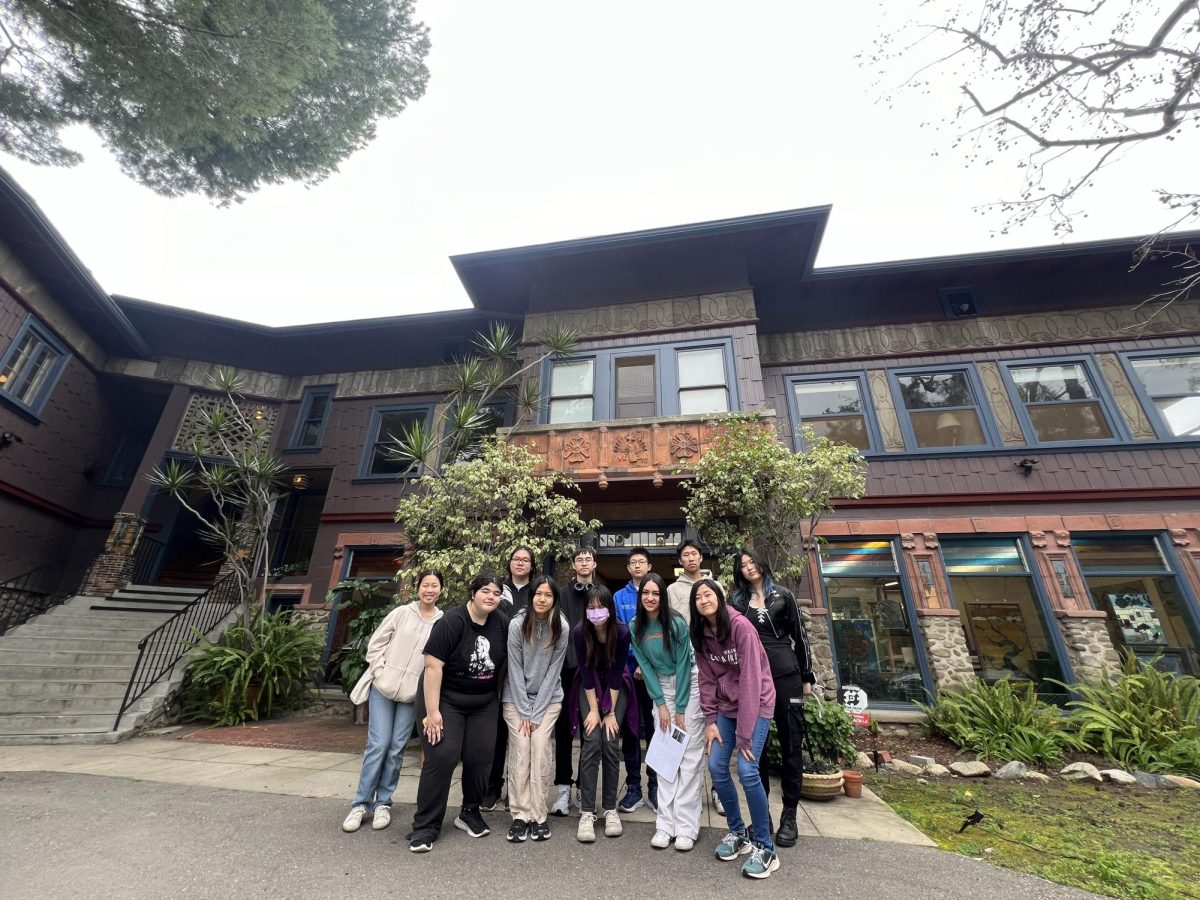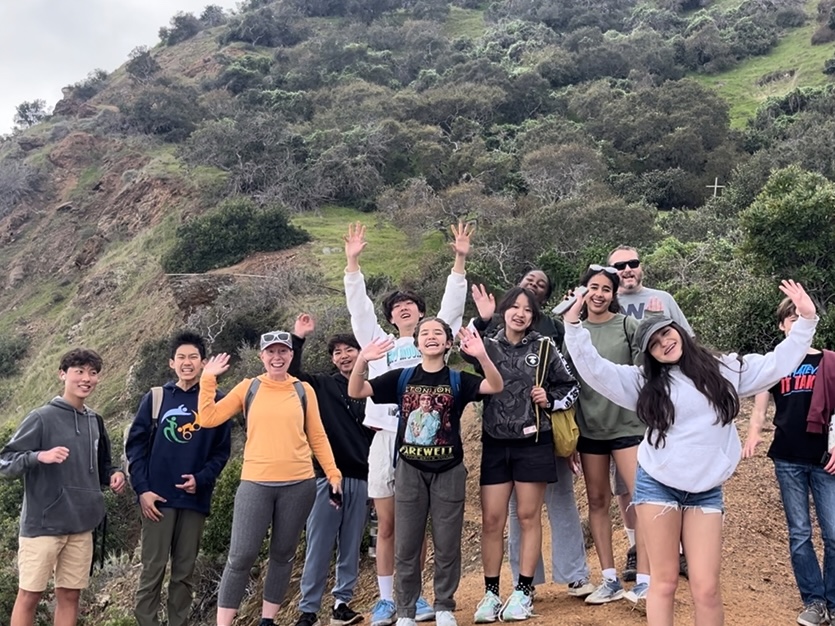You might be 18 or 80, picking your future college major or reflecting on if you have lived your life without finding your passion.
The term “passion” can be interpreted in several ways depending on the context and circumstances. In most cases, passion refers to ones internal interest in certain subjects toward certain interests. The emotion of passion is important for humans as it opens internal reflection and growth.
“For me, I feel passionate about what feeds my soul, what holds my interest and challenges me,” said Lisa Nacionales, Chair of the Science Department. “Engaging with a passion feels fulfilling and makes me feel like I am growing as a person.”
Ms. Nacionales’ career and interests revolve around her passions for science, nature, and being with family.
To help you find your true passion, I have created a 3-step guideline for you to consider: Comfort zone, societal standards, and driving factors.
Firstly, finding your passion requires stepping out of your comfort zone. With an open mind and curiosity, you can change your perspective on different interests.
“Being curious and open-minded allows you to find out what really excites you,” Ms. Nacionales said.
The second step is letting go of societal standards — letting your mind go free. You may think forcing yourself to start a project or sign up for hundreds of activities will expand your comfort zone, but in reality, this is an opportunity for you to stop and check. Ask yourself, ‘does this genuinely evoke emotions of excitement and interest?’
“If an activity or project doesn’t truly excite me, it will probably have the opposite effect and will not feel authentic to who I am,” Ms. Nacionales said.
The third step is finding the driving factor to your passion. Why have you decided to pursue your interests, and what has gotten you to this point? Ultimately, does this passion have a personal or external benefit, and if so, does this affect the overall meaning of passion?
As you review these three steps, keep in mind that finding your passion shouldn’t be rushed; instead take it slow. Some find their passion at a young age; others discover it much later in life. Ultimately, passion should not be an extra burden but rather a personal process of self-discovery.


